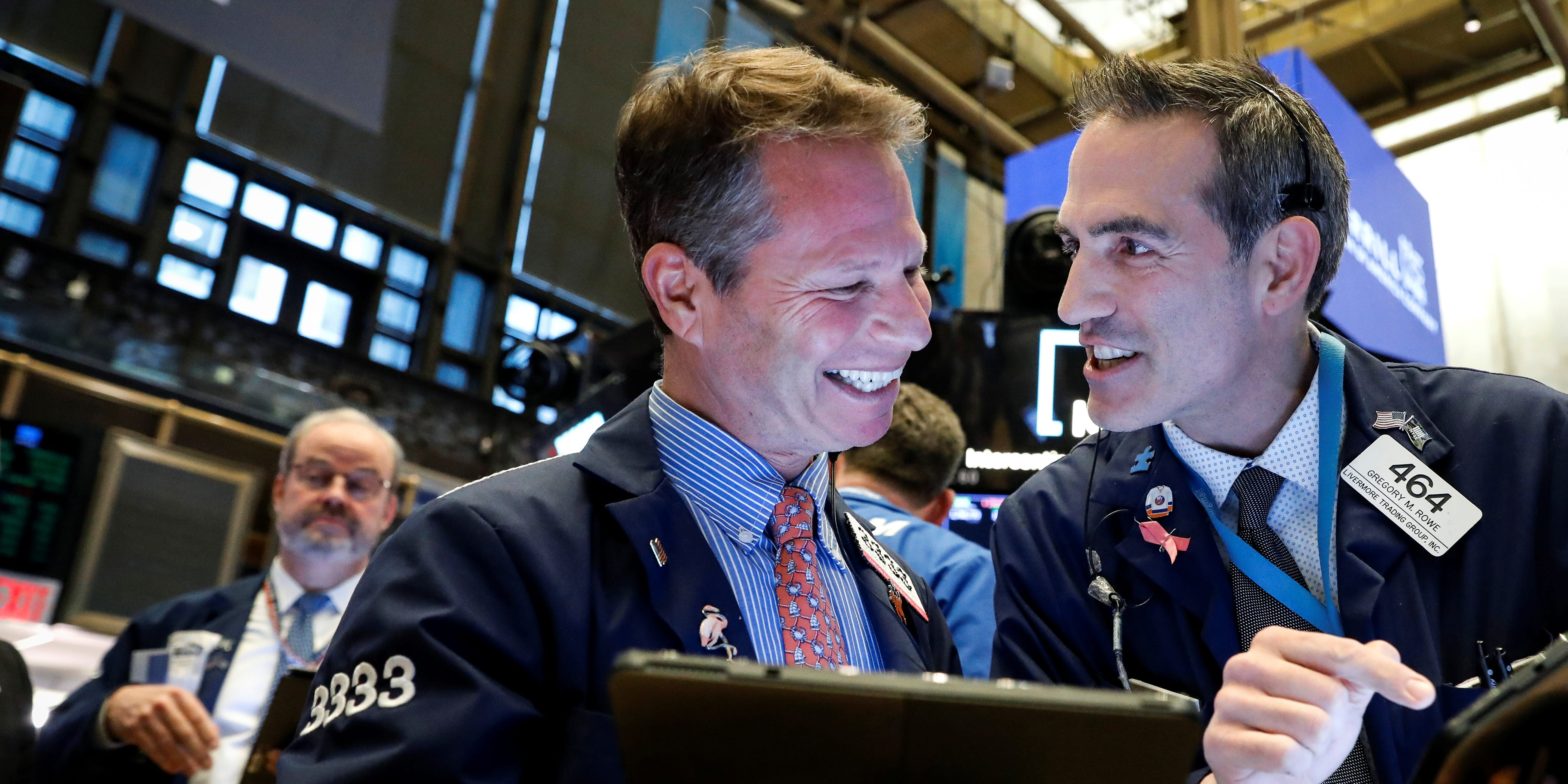The S&P 500 could spike 26% to hit 5,000 in the next 12 months, Leuthold Group’s investment chief says. “I think the lows are in and I think we’re starting a new bull market,” Jim Paulsen told Bloomberg. He said the US economy is likely to avoid a recession, supporting the S&P 500 rising to a new milestone. Loading Something is loading.
Thanks for signing up!
Access your favorite topics in a personalized feed while you’re on the go.
Stocks are entering a fresh bull cycle after a painful 2022 performance, supported by the potential of the world’s largest economy sidestepping a recession, Leuthold Group chief investment strategist Jim Paulsen, told Bloomberg.
“If you think the bear market is not over, I get that and that’s one thing. I think the lows are in and I think we’re starting a new bull market,” he said during the Bloomberg interview that was broadcast Thursday.
“If … we are past the bear [market] and we have a modest or no recession and starting a new bull [market], I think the returns can be really pretty phenomenal – something around 5,000 in the coming 12 months,” he said of the potential mark for the S&P 500.
That level represents a 26% upside from Thursday’s close at 3,952 and would surpass the index’s all-time high of 4,818.62 notched in January. The index this year has slumped by about 17% with 10 of its sectors in the red. Only the energy sector has gained with a 52% leap.
Paulsen’s bullish view arrives as some major Wall Street banks including Morgan Stanley and Bank of America issue calls for stocks to drop by more than 20% at some point in 2023. Investors are facing the prospect of a recession and cuts to earnings outlooks as the Federal Reserve continues fighting inflation with more interest rate hikes. The Fed next week looks set to issue its seventh rate hike of 2022, a move that could leave the fed funds rate at a range of 4.25% to 4.5% after beginning the year at 0%.
Paulsen sees stocks entering a new bull market on about 60/40 odds of the US avoiding recession or the economy experiencing a mild recession.
“In the first year of bulls, earnings don’t do well at all. They’re generally flat, they’re often down. But what really happens is multiples go way up,” he said.
“Let’s say earnings go to $220 or even $215 in the next year – but the multiple goes from the bear-market low of around 17 up to 22 or 23 times, it gets me to around 5,000,” on the S&P 500. he said. “And I don’t think that that’s all that unreasonable.”
